Description
Latin: Thuja occidentalis “Pyramidalis”
Other common names: northern white-cedar, American arborvitae, arborvitae, eastern white-cedar, white-cedar, swamp-cedar
Mature Height: 40-50 ft.
Soil / Climate: limestone soils, moist, boggy areas. Tolerant of acidic and alkaline soils. Generally quite adaptable and tolerant once established, full sun. Partial shade is tolerated but plants become thin, open and much less appealing. Does well in cold climates.
Notes: Conical or ‘pyramidal’ in shape. An evergreen tree with fan-like branches and scaly leaves. Conical shape, dense Lumber is prized for its resistance to rot. Can be single-or multi-trunked. commercially used for rustic fencing and posts, lumber, poles, shingles and in the construction of log cabins. Good for hedges, screens and windbreaks.
Wildlife: Often browsed by deer. Cover and nesting for birds.
Cold Stream Farm supplies White Cedar trees which are grown as bare root seedlings and transplants and sold both wholesale and retail with no minimum order.
Additional information on Thuja occidentalis can be found on the link: USDA / NRCS plants database.

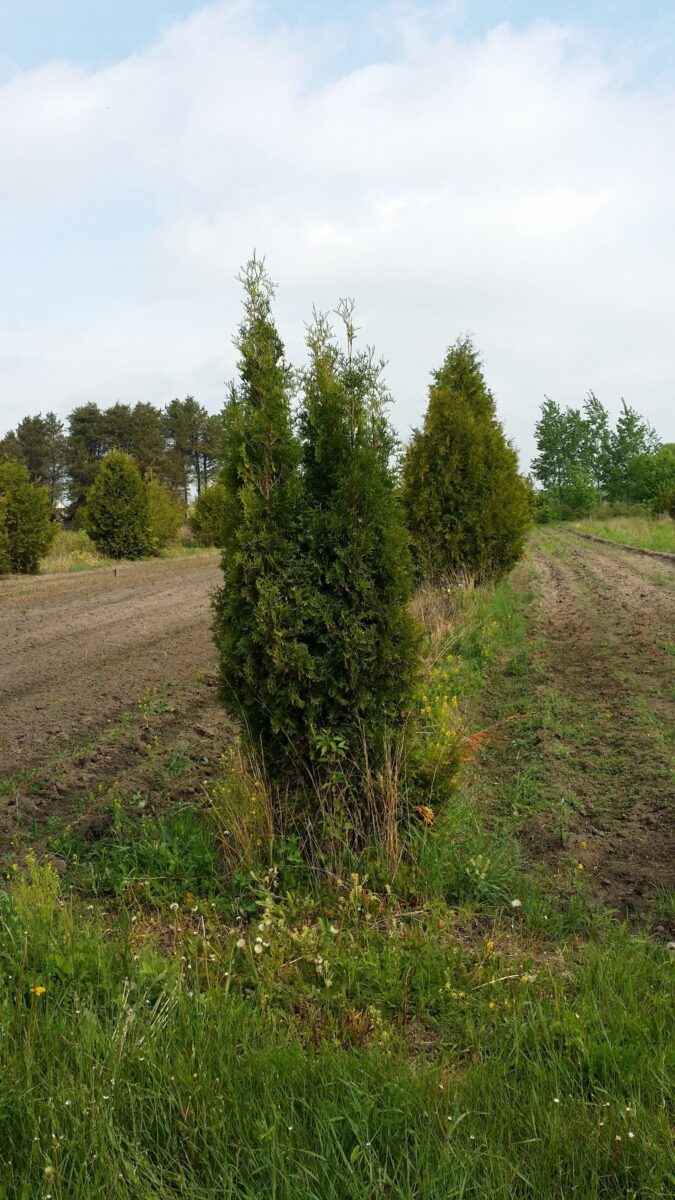
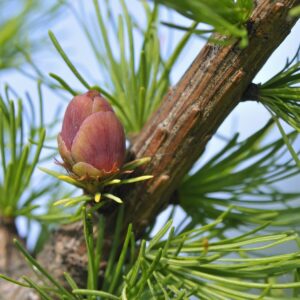
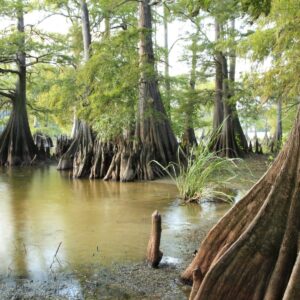
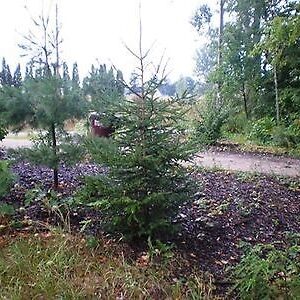
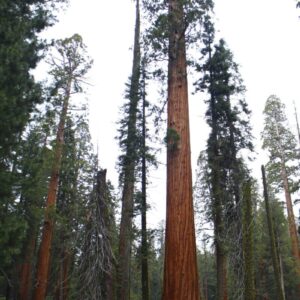

Reviews
There are no reviews yet.